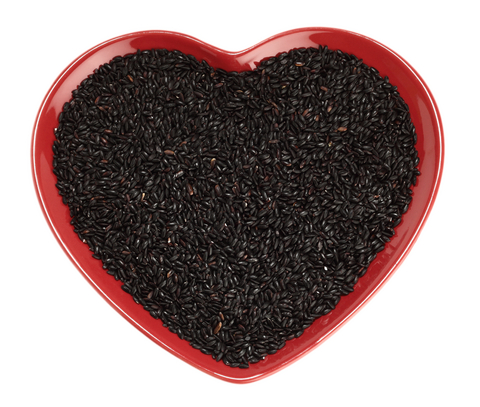Dietary advice abounds for those of us who wish to lower our cholesterol levels in the name of health. Yet many of us haven’t heard the whole truth about our relationship with cholesterol. Here are 3 things about cholesterol that you may not know.
- Cholesterol itself isn’t bad. In fact, cholesterol is essential to good health. It insulates nerve cells in the brain and provides structure for cell membranes. It is also an important structural component of bile acids, steroid hormones and Vitamin D. What you don’t want is cholesterol clogging your arteries (atherosclerosis), a condition in which an artery wall thickens as the result of a build-up of fatty materials such as cholesterol. Commonly referred to as a hardening of the arteries, if left untreated, atherosclerosis may lead to angina, an infarction (heart attack) or a stroke.
- Kids can have high cholesterol levels too. Research has shown that restricted arteries (which eventually lead to heart attacks) begin as early as age eight. Children who are overweight, have hypertension, or have a family history of heart disease should have their cholesterol tested from the age of two. Everyone benefits from early-established healthy eating habits which limit saturated and trans fats and include lots of fiber and exercise.
- Limiting cholesterol doesn’t mean giving up fat. Research is increasingly showing us that fat isn’t necessarily evil. It is a great source of energy and makes you feel satisfied after eating it, helping to restrict the amount of calories you may consume. Watch out instead for the type of fat along with the amount you consume. Stay away from trans fats (often found in packaged foods)which tend to lower your levels of good fats and increase those of bad fats, which can contribute to heart disease. Limit your consumption of saturated fats, found in meat and dairy products. Opt instead for a Mediterranean diet, which emphasizes the consumption of fish (loaded with essential fatty acids or omega-3s) and poly and monounsaturated fats found in nuts, seeds and olive oil.




